Everything You Need to Know About Sleep Apnea Testing & Treatment
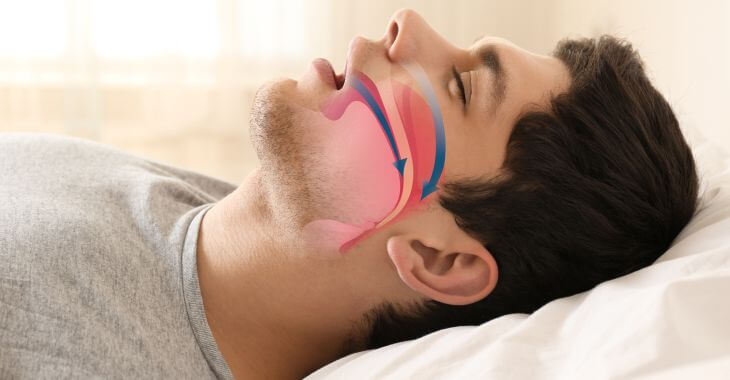
Sleep apnea affects millions of Americans but often goes undiagnosed. Left untreated, it can lead to serious health problems. Understanding sleep apnea testing and treatment options is the first step toward better sleep, health, and quality of life.
What Is Sleep Apnea?
Sleep apnea is a condition where breathing repeatedly stops and starts during sleep. These pauses in breathing can last seconds or even minutes, often followed by choking or gasping. It disrupts sleep cycles and reduces oxygen levels.
There are three types:
- Obstructive sleep apnea (OSA) – the most common form, caused by blocked airways.
- Central sleep apnea – the brain fails to send proper signals to the muscles that control breathing.
- Complex sleep apnea syndrome – a combination of both types.
Common Signs and Symptoms
Many people don’t know they have sleep apnea. It’s often a bed partner who notices signs first. Common symptoms include:
- Loud, persistent snoring
- Waking up gasping or choking
- Morning headaches or dry mouth
- Daytime fatigue or sleepiness
- Trouble concentrating
- Irritability or mood swings
If you experience these, consider getting a home sleep test or consulting a sleep specialist.
Health Risks of Untreated Sleep Apnea
Sleep apnea is more than just loud snoring. Over time, untreated sleep apnea can lead to:
- High blood pressure
- Heart disease or stroke
- Type 2 diabetes
- Weight gain
- Increased risk of accidents due to drowsiness
It also lowers your immune function and impacts your cognitive performance and mood.
How Is Sleep Apnea Diagnosed?
Diagnosis typically starts with a sleep evaluation. A doctor will review your symptoms and may recommend a home sleep test or an in-lab sleep study.
A home sleep test allows you to sleep in your own bed while wearing a small monitor that tracks your breathing, oxygen levels, heart rate, and movements. It’s convenient, affordable, and often accurate enough to diagnose obstructive sleep apnea.
For complex cases or if other conditions are suspected, an overnight polysomnography test at a sleep clinic may be necessary.
What to Expect from a Home Sleep Test
A home sleep test is easy to use and minimally invasive. Here’s how it works:
- Your provider gives you a test kit with clear instructions.
- You wear a small device with sensors on your finger, chest, and nose.
- It records your sleep data overnight.
- You return the device for evaluation by a sleep specialist.
Results typically arrive within a few days and indicate whether sleep apnea is present and how severe it is.
Sleep Apnea Treatment Options
There are several ways to treat sleep apnea, depending on the type and severity. Treatment is essential to restore restful sleep and protect long-term health.
1. CPAP Therapy
The most common treatment for moderate to severe obstructive sleep apnea is CPAP (Continuous Positive Airway Pressure). A CPAP machine delivers air through a mask to keep your airways open while you sleep.
However, CPAP mask leaks are a common issue. Leaks can reduce the effectiveness of the machine and disturb sleep. Using a proper mask size and adjusting the fit can solve this. Chin straps, mask liners, or switching to a full-face mask may also help.
2. Oral Appliances
For mild to moderate cases or for patients who can’t tolerate CPAP, a dentist can provide a custom oral appliance. It repositions the jaw to keep airways open.
3. Lifestyle Changes
Weight loss, quitting smoking, avoiding alcohol, and sleeping on your side can significantly reduce sleep apnea symptoms in some patients.
4. Surgical Options
In some cases, surgery may be recommended to remove obstructions or reposition the jaw or tongue. These procedures are typically considered after conservative treatments fail.
Living with Sleep Apnea
If you’re diagnosed with sleep apnea, you’re not alone—and treatment can change your life. Most patients see improvements within days of starting therapy. Better sleep improves memory, mood, and overall energy levels.
Managing CPAP mask leaks and staying consistent with treatment is crucial. Even if the adjustment takes time, the long-term benefits are worth it.
Tips for Success with Sleep Apnea CPAP Treatment
Managing sleep apnea with CPAP treatment can seem like a major lifestyle change, but it is worth the effort for your health and well-being. Some tips for success include:
- Use your CPAP machine every time you sleep, even during naps.
- Clean your mask and equipment regularly to prevent irritation and leaks.
- Follow up with your doctor to fine-tune settings or switch devices if needed.
- Address CPAP mask leaks promptly with professional help.
- Join a support group or online forum for motivation and tips.
Why Early Diagnosis Matters
The earlier sleep apnea is diagnosed and treated, the better your long-term health outcomes. Undiagnosed sleep disorders affect not only the individual but also their families, work, and social lives.
A quick home sleep test can provide answers and peace of mind without a hospital stay or complex setup.
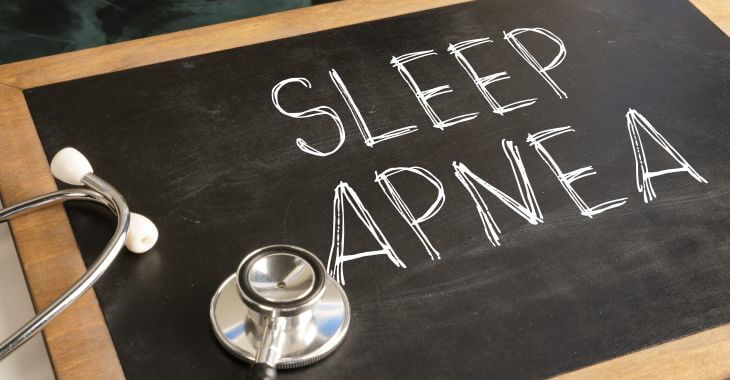
Take the First Step Toward Better Sleep
If you suspect you have sleep apnea, don’t wait. Early diagnosis and treatment can restore your energy, protect your heart, and help you wake up feeling rested again.
Ask your doctor about a home sleep test, or reach out to a sleep specialist for a full evaluation. It’s the first step toward taking back your nights—and your health.
The information provided on this website, including text, graphics, images, and other materials, is intended solely for informational purposes and should not be used as a substitute for professional medical advice, diagnosis, or treatment.
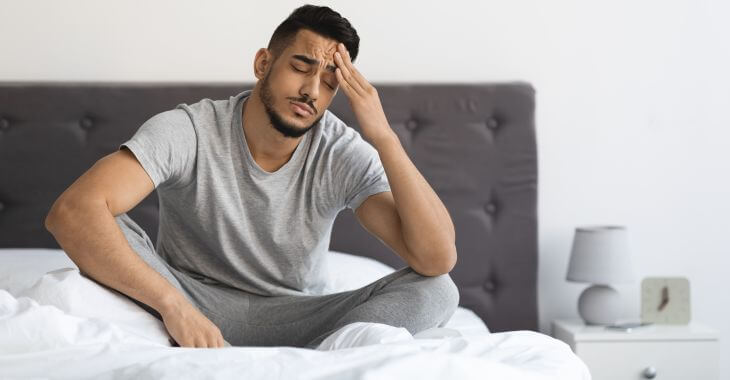
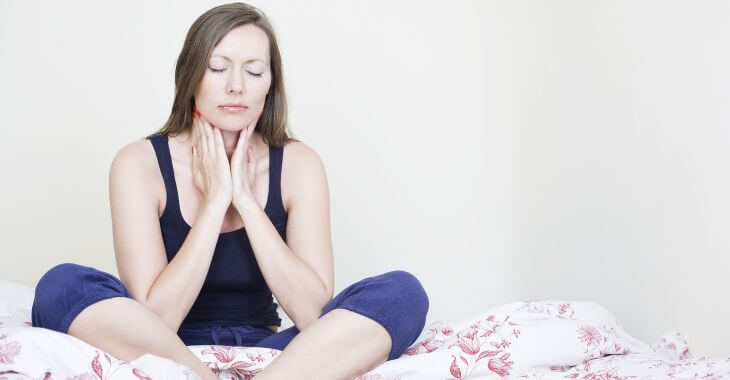
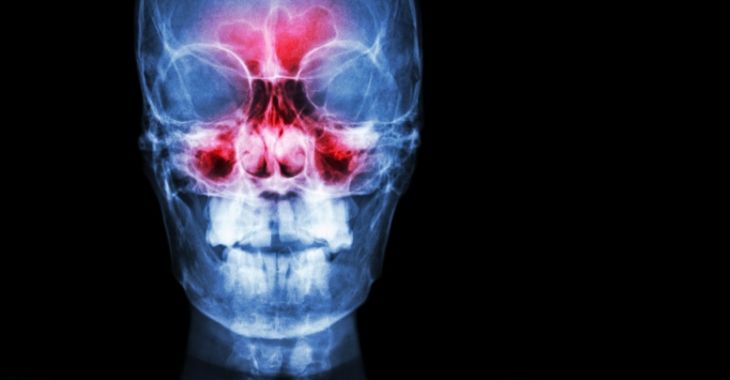

)